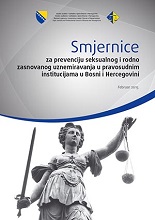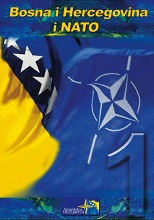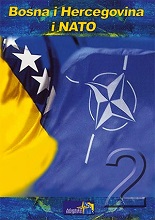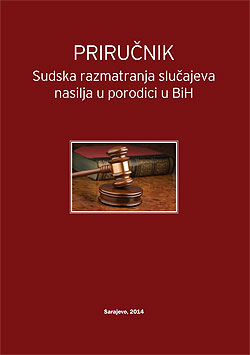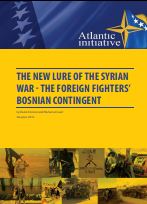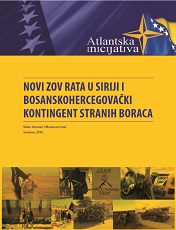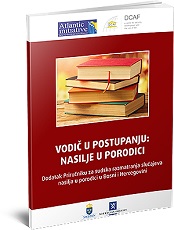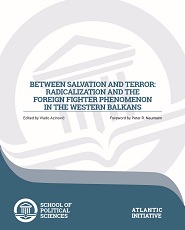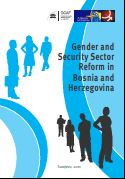
Gender and Security Sector Reform in Bosnia and Herzegovina
Gender and Security Sector Reform in Bosnia and Herzegovina
This report presents the findings and analysis generated by a needs assessment on gender and securi-ty sector reform (SSR) in Bosnia and Herzegovina (BiH). The needs assessment is a joint initiative by the Geneva Centre for the Democratic Control of Armed Forces (DCAF) and two BiH civil society organiza-tions: the Atlantic Initiative and Žene Ženama with the objective to examine and outline national- and local-level good practices on gender and security sector reform (SSR), as well as areas where further improvements are required. This will enable the development of sustainable and locally-driven future initiatives on gender and SSR, and ensure stakeholder support.The report provides data and analysis on the current state of gender integration in the armed forces, police, judiciary, and penal institutions at the central, entity, and cantonal levels and Brčko District. The gender and security concerns discussed are considered within the current sociopolitical situation and institutional organization of BiH. The report examines the implementation of key national legislation and international instruments relevant for addressing gender in the security sector and explores the gender sensitivity of current policies and practices. Furthermore, the role of civil society organizations (CSOs) working on gender and security, and the forms of cooperation they have with state agencies and institutions, are examined.
More...
